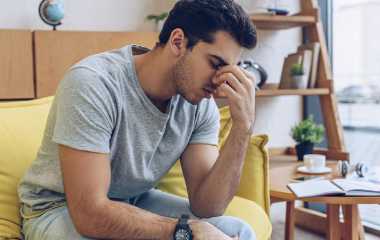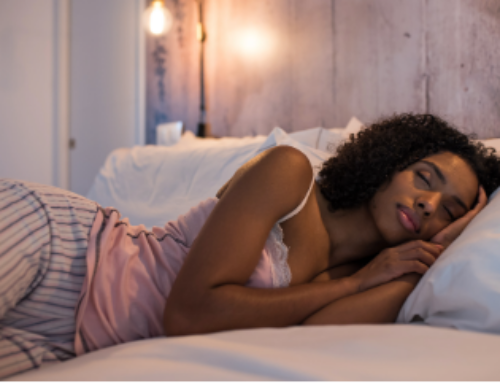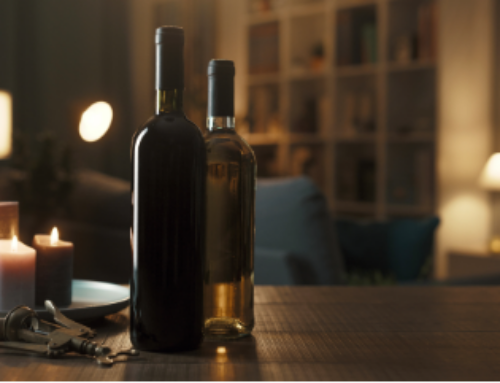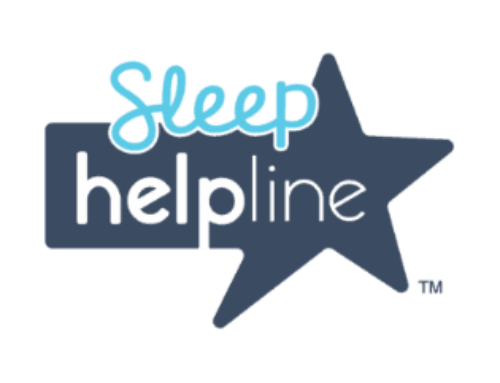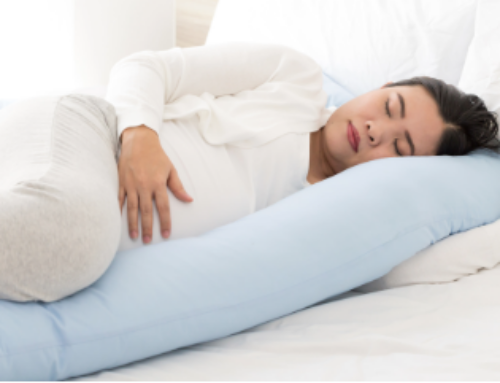A new study published recently in Psychological Science suggests that not getting enough sleep may increase the likelihood of forming false memories.
The study was conducted by psychological scientist Steven J. Frenda of the University of California, Irvine and colleagues. Results show sleep-deprived people who viewed photos of a crime being committed and then read false information about the photos were more likely to report remembering the false details in the photos than were those who got a full night’s sleep.
“Over the years I noticed that whenever I had a bad night’s sleep, my perception and memory seemed to get fuzzy until I had a good recovery sleep,” explains Frenda. “I was surprised to find that there were so few empirical studies connecting sleep deprivation with memory distortion in an eyewitness context. The studies that do exist look mostly at sleep deprived people’s ability to accurately remember lists of words — not real people, places and events.”
A preliminary study conducted by Frenda and colleagues suggested that getting five hours of sleep or less was linked to the formation of false memories. The researchers then designed an experiment to examine whether staying up all night would increase the probability of forming false memories.
The study group comprised 104 college-age participants who arrived to the lab in the late evening and were assigned to one of four groups. Two groups were presented with a series of photos depicting a crime being committed as soon as they arrived to the lab — one group was then allowed to go to sleep, while the other group had to stay awake all night in the lab. The remaining two groups did things in the reverse order — they either slept or stayed awake all night and then viewed the crime photos in the morning.
In the second part of the experiment, participants read narratives containing statements that differed from what the photos actually showed.
The researchers found that only those students who had been sleep deprived for the whole experiment were more likely to report the false details from the text narrative as having been present in the crime photos.
The students who viewed the photos before staying up all night, however, were no more susceptible to false memories than the students who’d been allowed to sleep.

